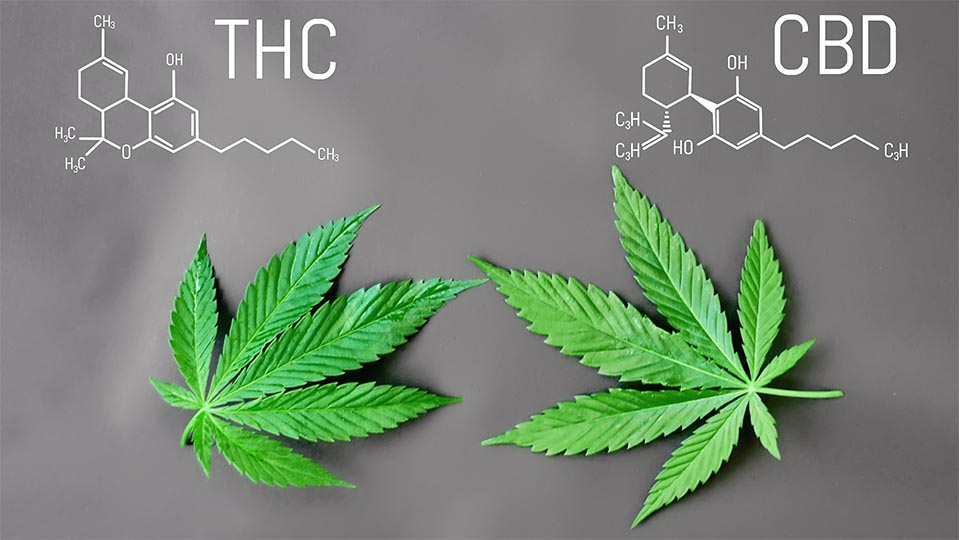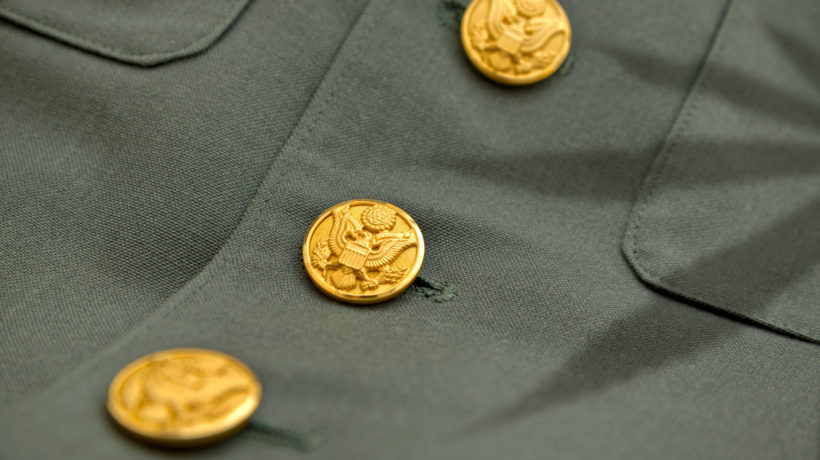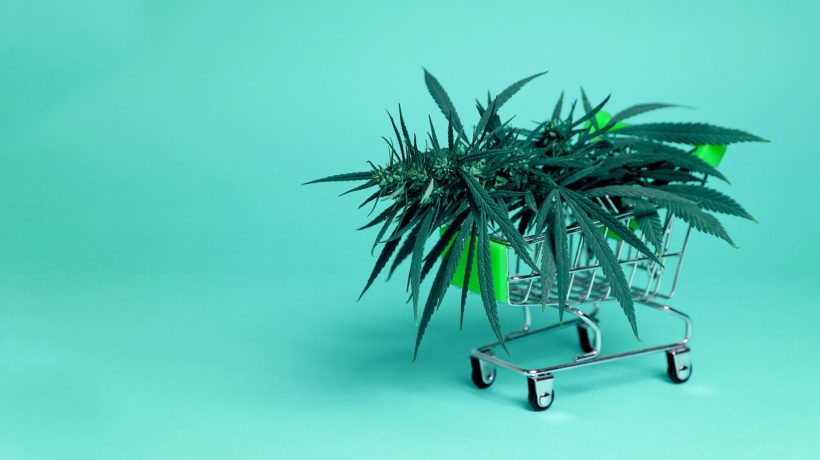One of the godfathers of cannabis science, Dr. Raphael Mechoulam, once called cannabis a pharmacological treasure trove. While individual cannabinoids such as THC and CBD are acknowledged as potent therapeutic molecules, the current buzz is that they are even more powerful when combined with the other phytocompounds present in cannabis plants. This concept has been named the entourage effect.
“The entourage effect is the idea is that a bunch of chemicals work together, or sometimes in opposition, to achieve an effect that is different and potentially more useful than any single chemical,”
explains Dr. Jordan Tishler, President of the Association of Cannabis Specialists and owner of InhaleMD clinic. Distinct cannabinoids, terpenoids, and flavonoids work synergistically together, creating unique benefits that are more potent than a single cannabinoid acting in isolation.
The idea of the phytochemicals or plant compounds working together isn’t a novel notion; it’s called whole-plant medicine. Holistic plant-based therapies have long embraced the idea of using the whole plant. But is there scientific validity to support the evidence of an entourage effect? According to the experts Flowertown spoke with, the answer is yes–and no.
Marijuana (and hemp plants to a lesser degree) contain hundreds of different chemical compounds that stimulate bioactive effects in the body. While scientists have some understanding about the heavy hitters such as THC and CBD, much less is known about minor cannabinoids such as cannabigerol (CBG), or cannabinol (CBN). Less still is understood about terpenoids, the pharmacologically active, fragrant compounds which bestow cannabis with its unmistakable scent; or flavonoids, which affect the plant’s pigmentation and provide antioxidants.

At present, there’s excitement and speculation about the therapeutic properties of these compounds, and the role they may play as research uncovers their potential. It’s not too much of a stretch to imagine that these healing compounds combine forces as an entourage to create an uber-effect on the body, saturating the cells in plant-powered healing goodness.
Many individuals who use cannabis to help alleviate pain or control symptoms have reported that they find whole-plant cannabis extracts (or full-spectrum as they are often called) more beneficial than taking a medicine that contains one isolated compound, such as CBD.
However, the scientific foundations supporting the entourage effect are still shaky. The main reason is that there simply a lack of research at present. “Unfortunately, the exact mechanism of events inside of the cell is not known, since federal prohibitions are in place that serve as a barrier to research opportunities,” explains Dr. Chanda Macias, CEO of Women Grow and owner of the National Holistic Healing Center dispensary.
“It really should be called the Entourage Hypothesis,”
points out Dr. Tishler.“The effects of other “minor” cannabinoids and the terpenoids are not understood at all. Their contribution to the entourage effect is purely theoretical. The only effect that has been demonstrated conclusively is the CBD modulation of THC via the CB receptor.” When CBD is teamed with THC, the result is an improved outcome for the user.
“Pure THC is too intoxicating and patients don’t tolerate it enough to get to therapeutic doses. CBD helps to mitigate the response to THC. In test settings, patients generally experience improved outcomes when they combine THC with CBD or another cannabinoid, rather than ingesting pure THC or CBD,” explains Dr. Tishler.
In the absence of reliable research on the entourage effect, many cannabis specialists are recommending bespoke cannabis treatment plans tailored to the individual’s needs.
“Each cannabis strain has a different composition, therefore the entourage of compounds will be different, and the cellular response in people will be different. The key to wellness is to match the entourage with the responding ailment or condition,” explains Dr. Macias.
So for the time being, consider research into the entourage effect a work in progress.



